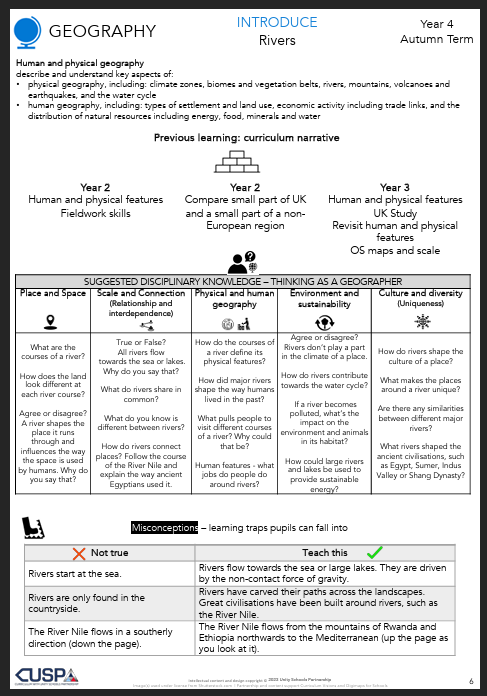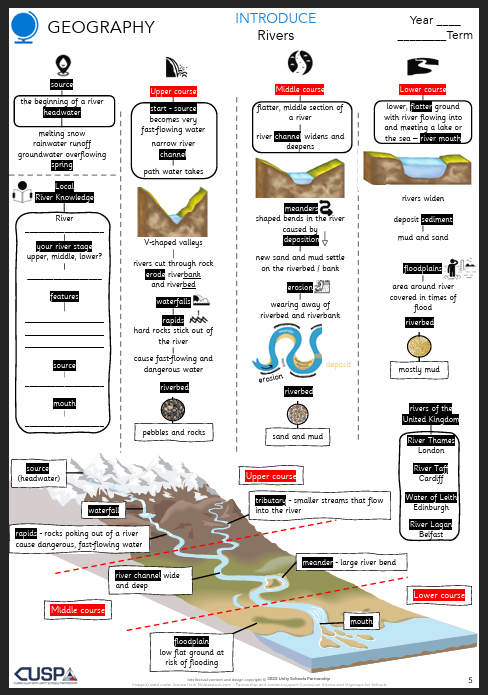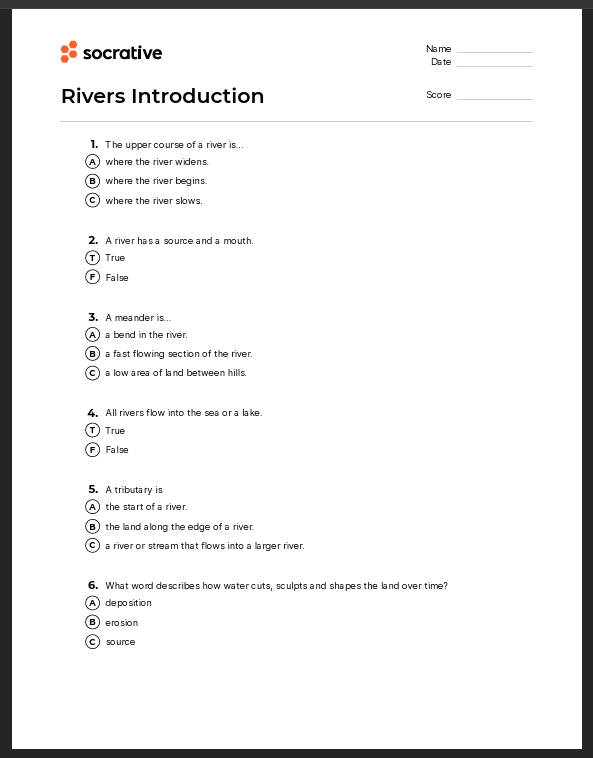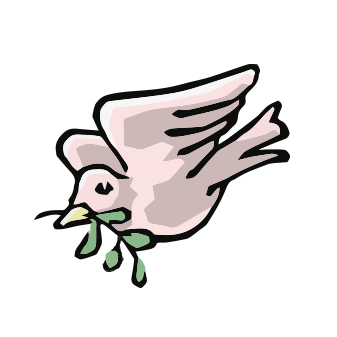Geography

At Dovecot Primary School, our geography curriculum aims to inspire pupils’ curiosity and fascination about the world and its people, that will remain with them for the rest of their lives.
Our intent is to ignite a passion for geography. We encourage children to develop a greater understanding and knowledge of the world, as well as their place in it.
Our teaching of geography equips pupils with knowledge about diverse places and people; resources in the environment; human and physical processes; and formation and use of landscapes. In addition, we aim to develop children’s geographical skills such as: collecting and analysing data; using maps, globes and digital mapping to name and identify countries, continents, and oceans; and communicating information in a variety of ways. Our teaching of geography will help to develop a sense of identity and promotes responsible citizenship.
GEOGRAPHY OVERVIEW
Early Years Foundation Stage
The Early Years Foundation Stage Curriculum supports children’s understanding of geography, people and communities, through the planning and teaching of ‘Understanding the World’. Children learn about features of their own environment such as school, home, community and their city through first hand experiences and learn how environments may differ through the sharing of books, stories, poems, small world play, role play and visits.
Key Stage 1

The sequence in KS1 focuses young children to develop a sense of place, scale and an understanding of human and physical geographical features. Later in KS1, CUSP map skills and fieldwork are essential to support children in developing an understanding of how to explain and describe a place, the people who live there, its space and scale.
Lower Key Stage 2

As pupils begin KS2, fieldwork and map skills are revisited with the intercardinal points of a compass points being introduced to elaborate on the knowledge pupils already have around cardinal points. This supports a study of the UK, focusing on regions, counties, landmarks and topography. Further studies are undertaken to elaborate fieldwork and map skills through a sharper focus on OS maps.
Upper Key Stage 2

The study of Biomes and Environmental regions builds upon world locations, latitude and longitude studies. World countries and major cities are located, identified and remembered through deliberate and retrieval practice. The study of biomes is revisited deliberately to ensure the content is remembered and applied. In upper KS2, the study of 4 and 6 figure grid references supports prior learning of reference systems and brings an increased accuracy to mapping and fieldwork skills.


How do we know what the children have learned?
• Questioning
• Pupil Book Study talking about learning with the children
• Talking to teachers
• Low stakes ‘Drop-in’ observations
• Quizzing and retrieval practise
• Feedback and marking
• Progress in book matches the curriculum intent

Summative assessment takes place at the end of each unit. This is used to assess the children's knowledge and to assist teachers in planning retrieval (Remember/Recall) activities to ensure knowledge is secured in the long term memory.
Geography across the school
Geography Displays
Useful Websites
https://www.natgeokids.com/uk/category/discover/geography/
https://www.kids-world-travel-guide.com/geography-for-kids.html
https://www.ducksters.com/geography/
https://www.bbc.co.uk/bitesize/subjects/zqs2vj6













